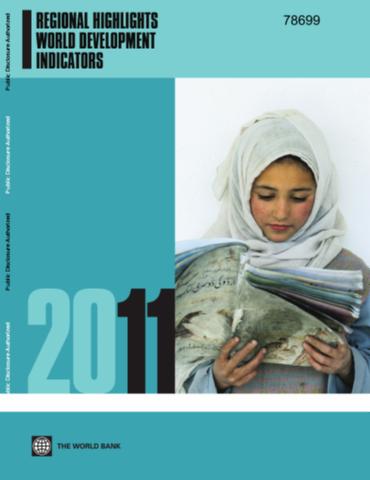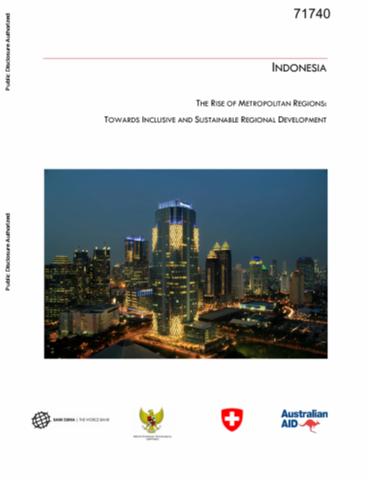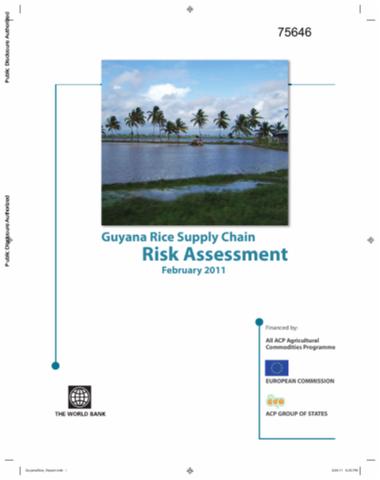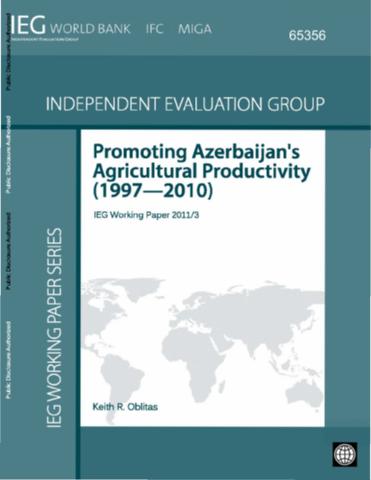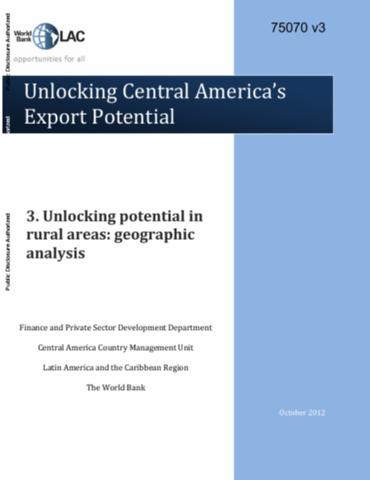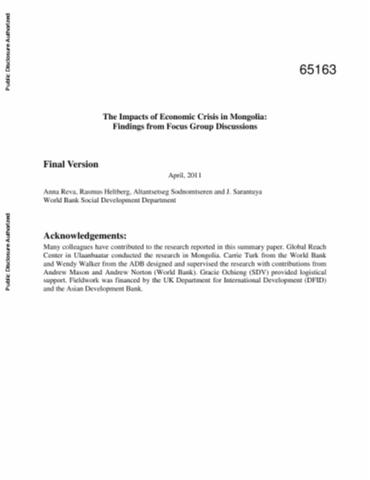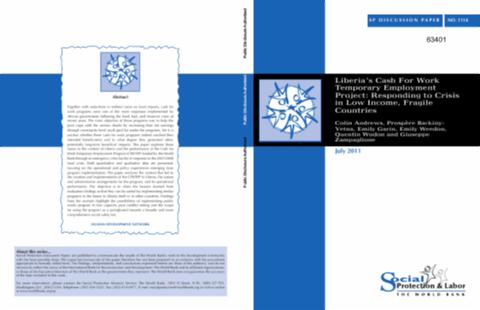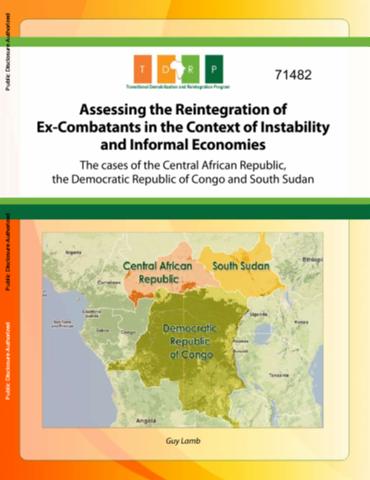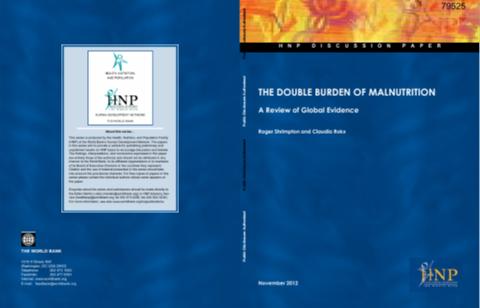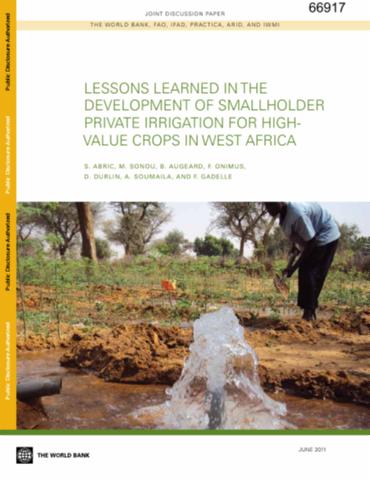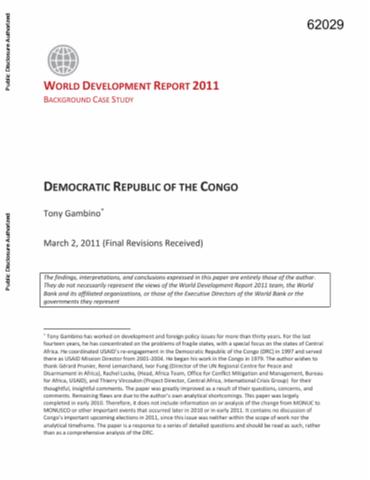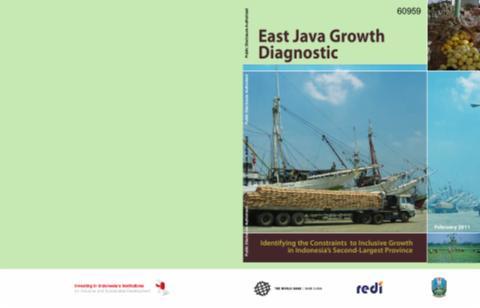Regional Highlights World Development Indicators 2011
The primary completion rate for 7 countries-Benin, Burkina Faso, Guinea, Ethiopia, Madagascar, Mozambique, and Niger-more than doubled between 1991 and 2009. Still large differences persist between rich and poor within countries. In some low-income countries, such as Benin, the completion rates for the richest quintile are 95 percent or higher, but completion rates for the poorest quintile are 35 percent or less. And there is a 9 percentage point gap in the completion rates for boys and girls.

